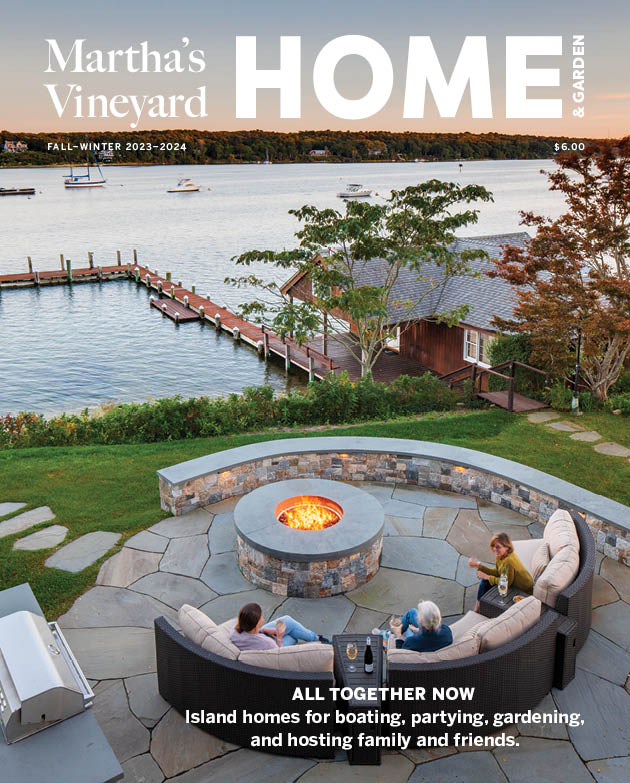The call came in early morning, hours before we were due to get up. A heart and liver had been found. We needed to get to Boston immediately.
We had been waiting for the call for months. Five, to be precise, ever since my brother-in-law Chris had been diagnosed with liver cancer and told that his heart – a heart that had been ailing since he was born, that was now causing his liver to fail – necessitated a double transplant. We had rehearsed this scene many times in our heads. Even so, we felt unprepared.
We jumped into action, ticking off the list of items that needed to be done to leave an Island home in a hurry. My sister-in-law called the boat and arranged the medical note; my husband called the pet sitter. I began throwing sweaters and shorts and chargers into bags. I take a week to pack for vacation, a full hour to leave for the beach. Now we had only minutes. We had no idea how long we’d be gone and in what condition we’d return. I tossed in four extra pairs of socks and three bananas to be safe.
All the while I cursed myself for not having readied a bag in advance, despite telling myself to do so countless times. The truth is, I couldn’t bring myself to do it. The same way I can’t Google prognoses for transplants. I won’t allow myself to comprehend the gravity of the situation. Instead, in those fear-soaked, hectic moments, I worried about the guest bed I hadn’t remade, the laundry pile left untouched.
Sometime between rushing out the dog and the trash, we received another call telling us the operation had been called off. The heart was too big. I collapsed in a chair to collect my thoughts and catch my breath. As often happens when I try to meditate, my brain had other plans. It chose this inconvenient moment to replay a George Carlin routine from 1986.
The bit, a relatively famous one entitled “A Place for My Stuff,” pokes fun at the endless amount of possessions with which we can’t bear to part. The meaning of life, Carlin said, is to find storage space for all our things. We buy houses to contain our belongings, then lock up our houses so that we can leave to buy more stuff. When we travel, we fill suitcases and pockets with stuff from home to make ourselves feel at ease.
Chris didn’t have the luxury to worry about any of that stuff. Earlier this year, he was living in California with his girlfriend and cat, preparing to start medical school. He flew to Boston for a routine medical appointment, one suitcase in tow, and received his diagnosis. He was told he couldn’t leave the state. He moved back to the Island where he grew up, and we made arrangements to ride out the storm. A few short weeks later, doctors admitted him to a Boston hospital to move him up the transplant list. He’s been there ever since.
He has a hospital bed, two chairs by the window, and a small filing cabinet where he keeps his belongings. Twice a day, he walks the corridors: past the heart monitors, the coffee kiosk, an old surgical amphitheater. It’s the type of home no one wants to inhabit – no privacy, no space, no view, entirely too many skeletons and germs. It’s unlike anything you’ll see in this magazine. But he needs to be there, so he doesn’t complain. He’s unflappable, capable of making friends and making do anywhere. I don’t know how anyone can say his heart isn’t big and strong.
The night of the call, exhausted from the everything and nothing of it all, I did my best to follow his lead. I turned on the washing machine and made the guest bed, repacked the suitcase and set it by the door. List checked off, I slowly turned to the stuff that matters. There’s a long journey ahead, and we can only carry so much.




